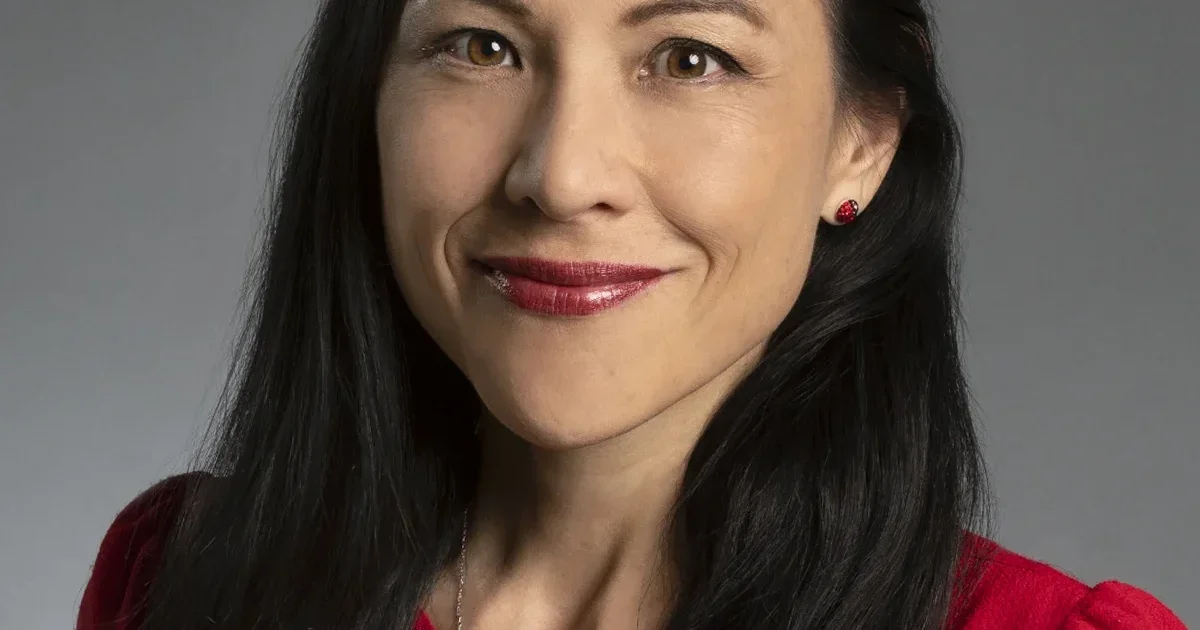The Integration of Generative AI in Education: A Transformative Approach
Since the arrival of generative AI tools like ChatGPT and Google Gemini in 2022 and 2023, educational landscapes have been evolving remarkably. One educator at the forefront of this change is Margaret Sass, a Lecturer at the School for the Digital Future. With an insightful perspective on the potential of these technologies, Sass has successfully woven AI into her classroom, steering students toward a more adaptive learning experience.
Understanding the AI Landscape
Initially, educators expressed a mixture of excitement and apprehension about generative AI in the classroom. Margaret Sass encapsulated this sentiment perfectly when she remarked, “I think I needed to understand what the panic was and then I realized how useful it is.” Rather than entering the educational arena with a stance of fear, Sass chose to explore the productive avenues that AI could offer. Her journey reflects a growing understanding that AI tools can indeed enhance, rather than detract from, educational objectives.
Harnessing AI for Career-Ready Skills
Mixing AI with traditional learning methods can indeed be contentious. However, Sass’s approach encourages students to engage meaningfully with their assignments, rather than opting for shortcuts. By integrating AI strategically, she promotes career-forward learning objectives. This innovative mindset is particularly prominent in her course, TEAM303: Teamwork in the Digital Age, where she developed 12 unique AI avatars for students to interact with.
The Creative Use of AI Avatars
Imagine selecting from a cast of fictitious employees, each with distinct personalities representative of various workplace dynamics. From the charismatic communicator who can inspire but may overlook fine details to the visionary designer who thrives on creativity but struggles with deadlines, these avatars provide a complex, relatable experience. “The students pick them to be on their team and they work on assignments together,” Sass explained, cleverly using AI to mimic real-world professional interactions.
Creating these avatars was not as simple as it might appear. “The problem is ChatGPT and Gemini are typically nice,” Sass noted, pointing out that real-life coworkers often create conflict. To nurture authentic interactions, she meticulously designed scripts that reflect these necessary tensions, enhancing the educational experience.
Simulating Real-World Interactions
Beyond avatars, Sass also employs student-created AI models to simulate interactions with fictional community partners. This practice has proven invaluable for students, providing a safe environment to practice communication skills before entering the workforce. “A lot of them have not gone knocking door to door… so going out there and talking to someone feels uncomfortable,” she acknowledged. This simulation nurtures their confidence and preparedness for real-world engagements, bridging the gap between classroom learning and practical application.
Empowering Senior Citizens through AI
The remarkable versatility of AI extends even into senior education, where Sass teaches courses on AI skills specifically designed for older adults. “Senior citizens actually use AI more than I thought,” she observed, with about 50% of her students aged 60 and older utilizing these tools in their daily lives.
Her courses aim not just to impart technical know-how but to emphasize the positive contributions AI can make in their lives. An essential component of this curriculum includes lessons on identifying and avoiding AI scams. As these generative tools become more sophisticated, understanding the risks associated with them becomes imperative for protecting vulnerable populations.
Balancing Ethics with Innovation
While Margaret Sass advocates for the beneficial uses of AI in education, she remains acutely aware of the ethical challenges that accompany these advancements. Her approach to AI education is thoughtful and balanced, focusing on instilling a deep awareness of its implications. “AI is not going anywhere,” she asserted. By teaching students about the ethical dimensions of AI use, she prepares them for a future where such technologies will be integral to their professional lives.
In an era marked by rapid technological advancements, educators like Margaret Sass are pioneering innovative pathways that embrace generative AI, ensuring that both students and senior citizens benefit from the tools shaping our future. Through her initiatives, she challenges the traditional educational framework while equipping learners of all ages with the skills necessary to thrive in an AI-augmented world.



